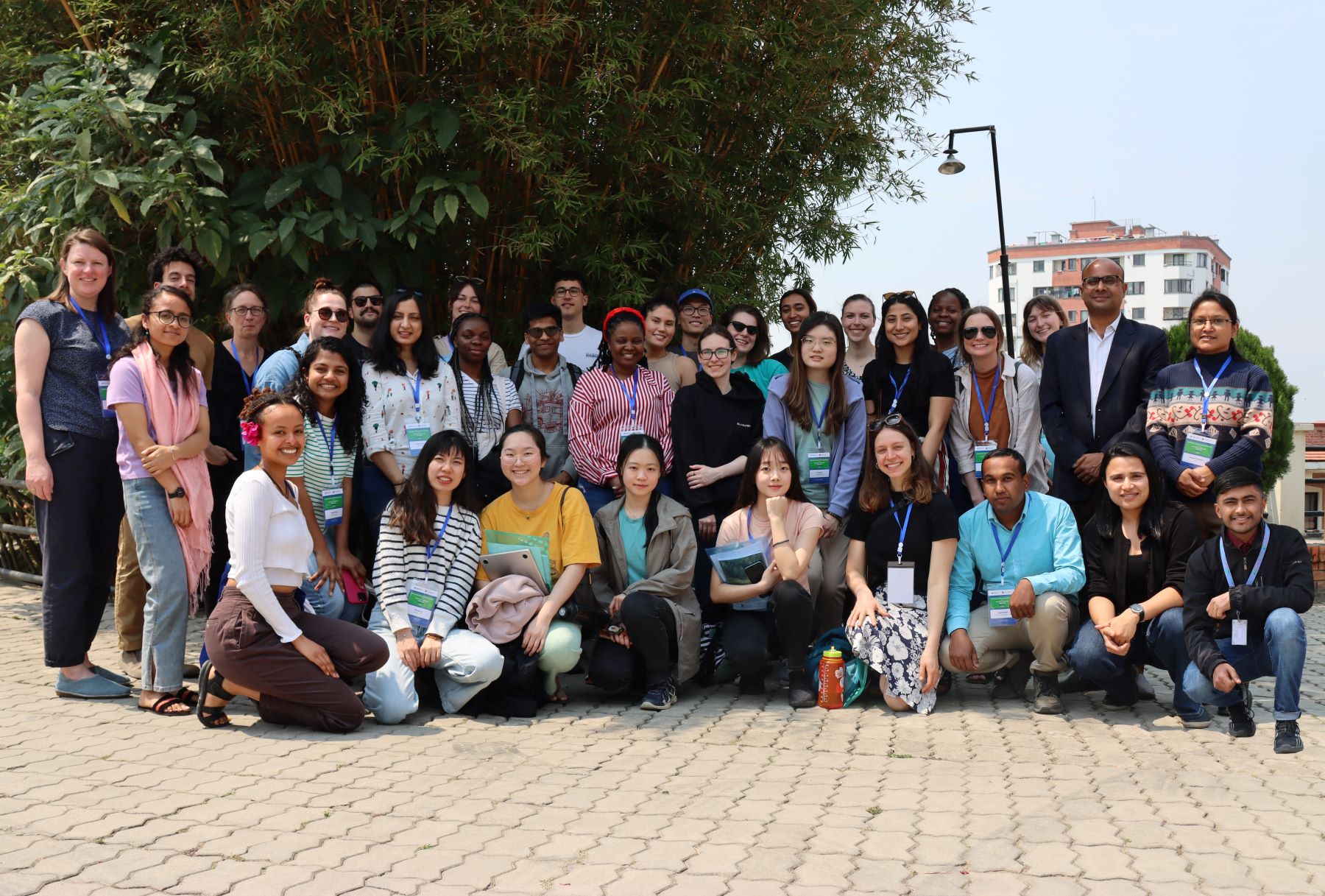Project Leader: Dil Khatri
Partners and Collaborators: Swedish University of Agricultural Sciences (SLU-Sweden) ,Southasia Institute of Advanced Studies (SIAS- Nepal),Norwegian University of Life Sciences (NORAGRIC- Norway),African Centre for Technology Studies (ACTS- Kenya),University of New South Wales (UNSW- Australia)
Duration: 3 Years (2016 – 2019)
Brief Description of the Project: The topic ‘environmental change’ is narrowed down to two resources vital for people’s livelihood needs: forests and water. Of particular concern for this research is how the ambitions for managing forests and water resources to help address climate change are often incompatible with everyday livelihood needs for the poor, producing significant tensions. The governance of these resources is explored in two developing countries in the midst of political transition and violence, which are at high risk from climate change impacts, Nepal and Kenya. The work is motivated by deep concern over how the definitions and governance of environmental change appear to cause crises of legitimacy, conflict and violence, such that current responses can lead to exacerbating vulnerability rather than alleviating it. It seeks to understand how we can better inform research and development practice intended to cope with environmental change, social inequalities and vulnerability, and contribute new scientific insights on the complex relationships between violence and environmental change.
This four-year research program aims to enhance scientific understanding of how climate change produces concerns for legitimacy, conflict and violence in the governance of forests and water resources. The main research question, what produces conflict and violence in the face of environmental change? attempts an innovative approach to tackling a complex scientific problem, namely: how environmental change becomes bound up in struggles over the legitimacy to govern in transitional societies. The project represents an international collaboration to address a topic of pressing scientific and policy interest.
The project has three main objectives:
- To better conceptualise the social-political processes through which changing forest and water resources become enrolled in crises of legitimacy, conflict and violence.
- To produce empirical evidence of how global environmental change manifests socialpolitically within two carefully selected countries on two continents: Asia (Nepal) and Africa (Kenya).
- To generate insights into how governance mechanisms can be better designed to address environmental conflict and violence concerns in developing countries. http://covec.sias-southasia.org/



